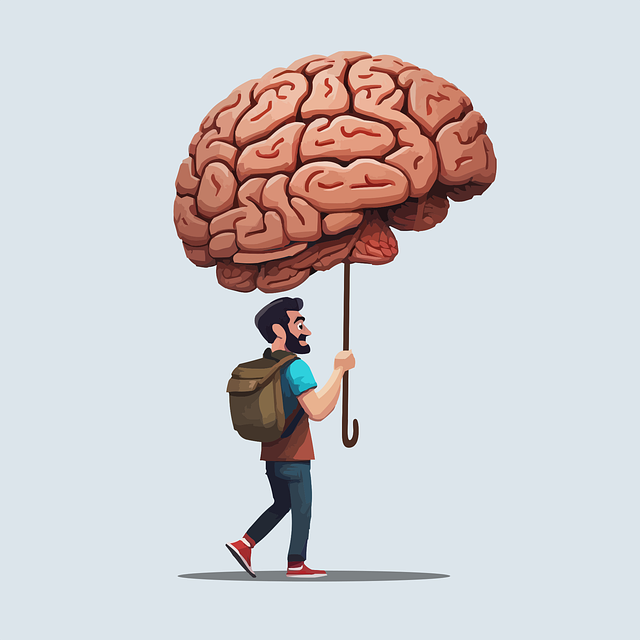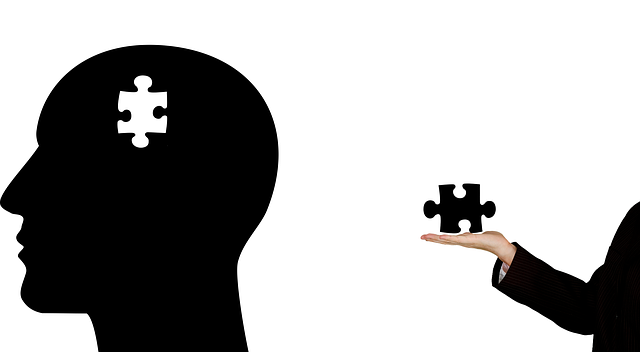Emotional Intelligence (EQ) is a powerful tool for navigating life's challenges, offered as a resource by Northglenn Family Counseling Therapy. Through personalized counseling and mindfulness practices, individuals gain self-awareness, learn to manage their emotions, and develop empathy for others. This strengthens relationships within families and enhances mental health. Northglenn Family Counseling Therapy provides tailored programs focusing on self-esteem, resilience, and healthy coping strategies, empowering clients to build EQ and navigate complex relationships with grace. Integrating these practices into daily family life fosters stronger connections, better communication, and a nurturing environment for emotional intelligence development.
Emotional intelligence (EQ) is a cornerstone of mental well-being, enabling individuals to understand and manage their own emotions while empathizing with others. This article explores the vital role of EQ in fostering strong relationships and overall happiness. We delve into strategies for enhancing self-awareness and empathy, drawing insights from Northglenn Family Counseling Therapy, which specializes in EQ growth. Additionally, practical tips are offered on integrating emotional intelligence into daily family life.
- Understanding Emotional Intelligence: A Cornerstone of Mental Well-being
- Northglenn Family Counseling Therapy: Unlocking the Potential for EQ Growth
- Strategies and Techniques to Enhance Self-awareness and Empathy
- Integrating Emotional Intelligence into Daily Life: Practical Tips for Families
Understanding Emotional Intelligence: A Cornerstone of Mental Well-being

Emotional intelligence (EQ) is a cornerstone of mental well-being, enabling individuals to navigate life’s challenges with resilience and grace. It involves recognizing, understanding, and managing one’s own emotions, as well as empathizing with and responding appropriately to others’ feelings. For families seeking support in enhancing their emotional connections and communication, Northglenn Family Counseling Therapy offers valuable resources.
At its core, EQ fosters self-awareness—the ability to recognize and name our emotions. This is the first step towards regulating them effectively. By practicing mindfulness and engaging in empathy-building strategies, individuals can develop a deeper understanding of their emotional responses, leading to more thoughtful actions. Mind over matter principles play a significant role here, teaching us that we have the power to choose how we react to different situations, thereby promoting mental health and strengthening relationships, both within families and beyond.
Northglenn Family Counseling Therapy: Unlocking the Potential for EQ Growth

Northglenn Family Counseling Therapy offers a haven for individuals and families seeking to unlock their emotional intelligence (EQ) potential. Through tailored counseling sessions, this therapy center provides a safe space for self-reflection, fostering an environment conducive to self-care practices and mental health education. By addressing underlying issues and promoting healthy coping mechanisms, Northglenn Family Counseling empowers clients to enhance their self-esteem improvement, a key component of EQ development.
The therapy programs are meticulously designed to cater to diverse needs, ensuring individuals gain the necessary tools to navigate life’s challenges with increased emotional awareness. This holistic approach not only benefits the present but also equips individuals with skills to build resilience and foster stronger relationships, ultimately revolutionizing their personal growth journey.
Strategies and Techniques to Enhance Self-awareness and Empathy

Building emotional intelligence involves nurturing both self-awareness and empathy, crucial components for healthy interactions and relationships. Northglenn Family Counseling Therapy offers a range of strategies to enhance these essential skills. One effective approach is engaging in regular mindfulness meditation practices, which have been shown to deepen understanding of one’s emotions and that of others. This increased introspection allows individuals to recognize triggers, manage stress more effectively, and ultimately improve their social interactions.
Additionally, Social Skills Training programs can play a pivotal role in developing empathy by teaching individuals how to interpret non-verbal cues, understand different perspectives, and respond sensitively to others’ feelings. These techniques, combined with mindfulness meditation, not only foster stronger connections but also prevent burnout, especially in high-pressure environments where emotional resilience is paramount.
Integrating Emotional Intelligence into Daily Life: Practical Tips for Families

Integrating emotional intelligence into daily family life can be a transformative process that strengthens relationships and fosters healthy communication. At Northglenn Family Counseling Therapy, we emphasize the importance of teaching empathy building strategies to all family members. Start by encouraging open conversations where everyone feels heard and validated. Create safe spaces for sharing feelings, whether it’s during designated family check-ins or while engaging in relaxing activities together.
Practical tips include implementing a community outreach program where families can connect with others, fostering a sense of belonging and empathy. Additionally, practicing mindfulness exercises as a family can help manage stress levels. Simple breathing techniques and moments of silence allow individuals to process emotions and react calmly. By integrating these strategies into your routine, you’ll create an environment that nurtures emotional intelligence, benefiting both current and future interactions within the family unit.
Emotional intelligence is a powerful tool for enhancing mental well-being, and with the guidance of professional counseling like that offered by Northglenn Family Counseling Therapy, individuals and families can unlock their potential for EQ growth. By integrating self-awareness and empathy into daily life, as outlined in this article, practical tips become accessible means to navigate relationships, manage emotions, and foster a more harmonious environment. Whether through specific strategies or simply being present for one another, cultivating emotional intelligence empowers folks to lead happier, healthier lives.














